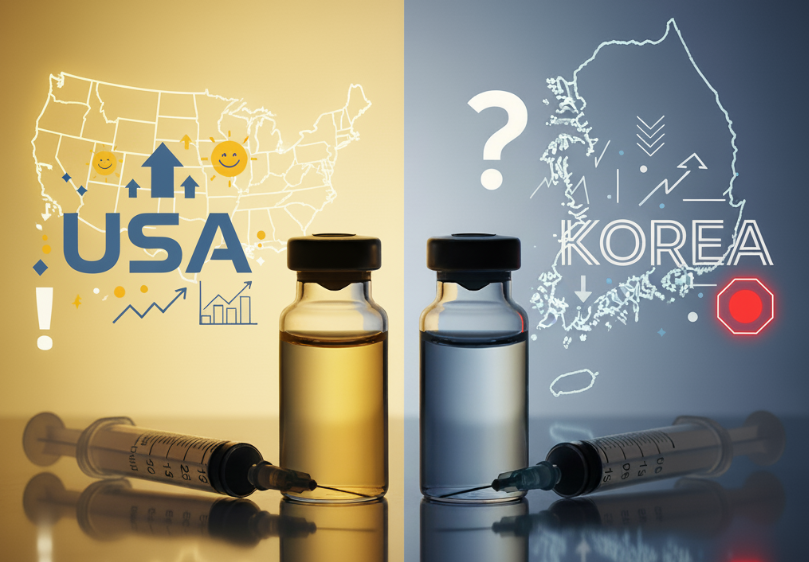MFDS skepticism over control-free follow-ups contrasts with FDA’s focus on long-term durability, driving the company’s U.S. approval strategy

Nature Cell announced plans for a U.S. market entry during its corporate briefing on September 16. The move comes as debate intensifies over the Ministry of Food and Drug Safety (MFDS) Central Pharmaceutical Affairs Committee’s stance on the osteoarthritis stem cell therapy JointStem.
According to meeting minutes disclosed by the MFDS on August 8, committee members repeatedly raised concerns over the absence of a control group in Nature Cell’s three-year follow-up data. One member argued the results were “less reliable” without a comparator, while another noted that before-and-after data alone made it difficult to confirm therapeutic effect.
Clinical experts countered that such remarks were ethically flawed. A former MFDS clinical reviewer stressed that once safety and efficacy are demonstrated, it becomes unacceptable to continue giving placebo or inferior treatments for years while patients endure ongoing pain. Another physician noted that even six months is considered lengthy for pain studies and explained that open-label follow-ups—standard in pain, cardiovascular, diabetes, and oncology trials—are widely used after the initial blinded phase. “JointStem already met its primary endpoint in Phase III. Demanding continued controls effectively means re-running the entire program,” he said.
Hit News confirmed on September 15 that the U.S. Food and Drug Administration (FDA) has adopted an opposite approach. In assessing five-year follow-up data for JointStem, the FDA considered not only safety but also clinical efficacy. A Nature Cell representative emphasized, “The MFDS refused review due to lack of a control group, whereas the FDA specifically requested additional data on clinical efficacy.”
Global clinical experts echoed this position. “In pain trials, long-term follow-ups are almost always open-label,” a public health physician explained. “The FDA treats Phase III efficacy as established and uses long-term data to assess durability. By contrast, the MFDS effectively dismissed efficacy altogether.”
This regulatory divide helps explain Nature Cell’s pivot to the U.S. market. The former MFDS reviewer added, “For the Central Committee to reject follow-up data outright is unprecedented globally. Nature Cell’s decision to seek U.S. approval is not just strategic, but inevitable.”
Meanwhile, Nature Cell will outline its U.S. commercialization strategy on September 16 from 11 a.m. to 1 p.m. at KBIZ Hall, Korea Federation of SMEs in Seoul. The briefing will cover: FDA and state-level initiatives promoting stem cell commercialization, clinical and regulatory roadmap for JointStem, commercialization of autologous stem cell therapies in states such as Florida, progress on establishing a U.S. Biostar Campus, FDA strategy for expanding chronic pain indications, and plans for pursuing JointStem approval in Korea.

